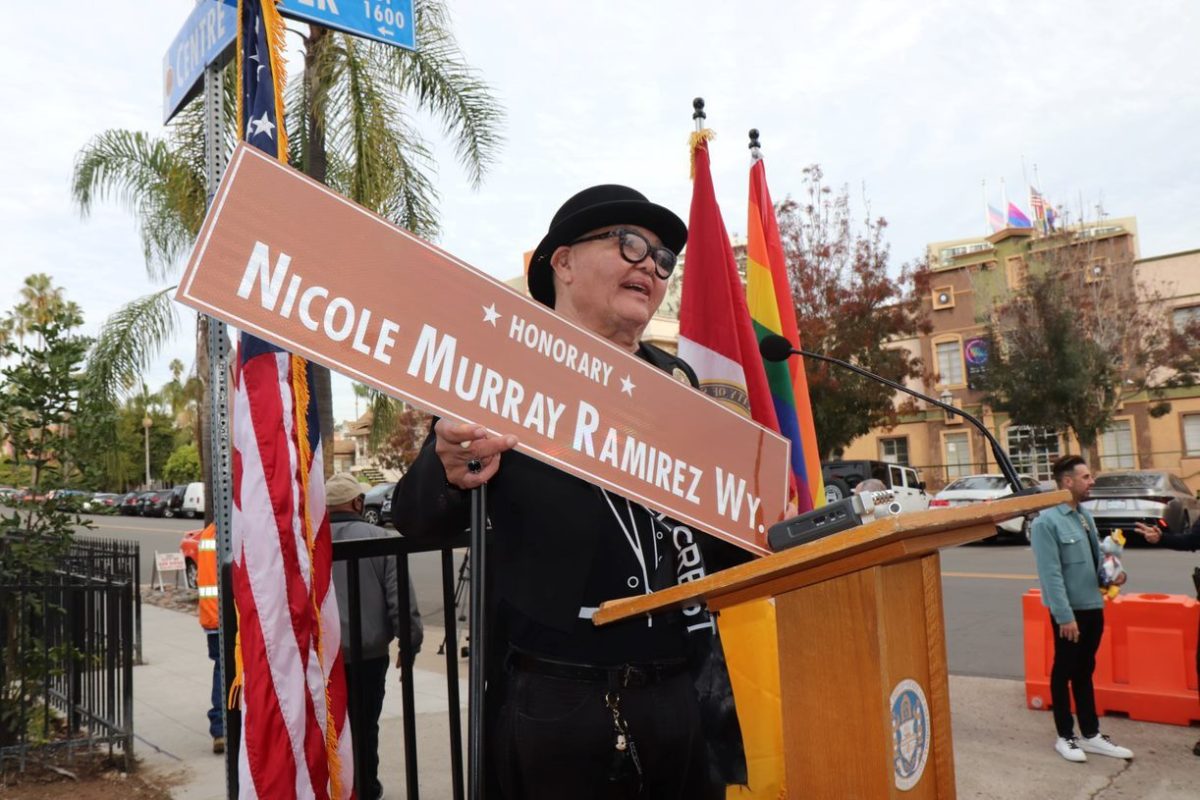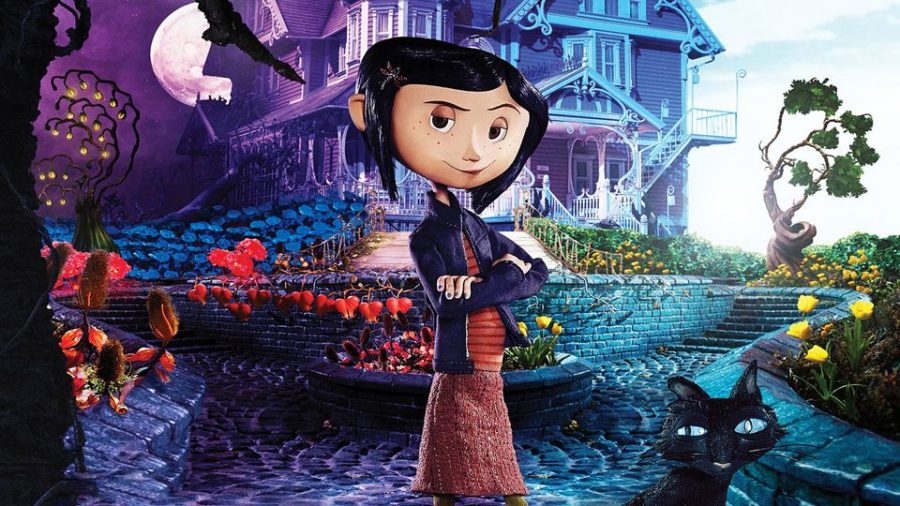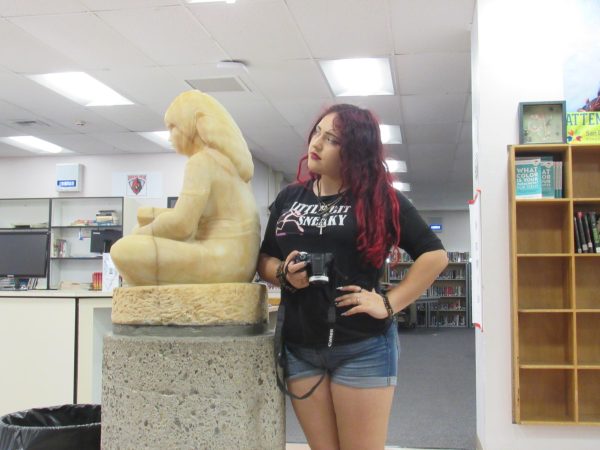Rocio Durcal (María de los Ángeles de las Heras Ortiz) was far more than just a popular singer and actress: she helped reshape Latin music, women’s role in entertainment, and social attitudes.
Perhaps Durcal’s most enduring legacy is her role in popularizing “ranchera music,” a deeply Mexican, folk-rooted genre, across the Spanish speaking world even though she was born in Spain. After meeting and collaborating with Mexican composer/singer Juan Gabriel in the 1970s, she recorded many ranchera style albums that introduced her Spanish audiences to this Mexican tradition, and validated it in the broader Latin music industry. Her albums charted internationally, she sold tens of millions of records worldwide (over 40 million copies by 2005) and became known as one of the Spanish artists with the greatest success abroad.
Durcal was a woman working in male-dominated business. Ranchera music has traditionally emphasized ‘macho’ themes and male performers. Her success, voice, and emotional openness gave many women role models in Latin music – inspiring female performers to see that they could too own their stories, emotions, and musical power. Her hit Como Tu Mujer not only topped charts (number one on Billboard Hot Latin Tracks for several weeks) but also showed she could be commercially successful while expressing vulnerability and romance longing from a female perspective.
In 1977, Durcal starred in Me siento extraña, a Spanish film that includes a lesbian relationship and explicit content at a time when sexuality – particularly female to female intimacy- was very taboo in Spain. The role cost her; she later expressed regret, and it marked the end of her film acting career, but it also left behind a work that has come to be seen as a cult film, especially in LGBTIQ+ circles, for its boldness and its challenge to social norms.
Even after her death in 2006, Durcal remains deeply present in Latin cultural memory. Songs like Amor Eterno, Dejame Vivir, La Gata Bajo La Lluvia, and Como Tu Mujer continue to be sung, covered, referenced in media, and reinterpreted by new generations. Her albums such as Caricias (2000) had significant chart success in the U.S. Latin market; Caricias was certified double platinum by the RIAA for Latin sales. Tribute projects (for instance Entre e Inolvidable) by other artists showed her work is still honored, explored, and used to build identity and continuity within ranchera and regional Mexican music.
Durcal sometimes distanced herself from Me siento extraña, regretting her participation, which suggests the emotional and reputational weight of breaking taboos. There were rumors and criticism about whether she was fully aware of how the film would portray sexuality; some say she felt pressured. Her identity as a Spanish woman adopting deeply Mexican art forms raised questions of cultural authenticity; yet she embraced ranchera wholeheartedly and was embraced in turn by Mexican audiences. That cross-cultural embrace speaks to the power of music to bridge national boundaries.
Rocio Durcal didn’t merely entertain: she transformed. From bringing ranchera music to international fame, setting new standards and possibilities for female performers, to daring to act in challenging films that pushed the boundaries of social norms, she caused change on both the stage and off. Her legacy is felt not only in the melodies that endure, but in the doors she opened, a legacy that continues to evolve as new listeners rediscover her songs and new artists reinterpret her artistry.




















